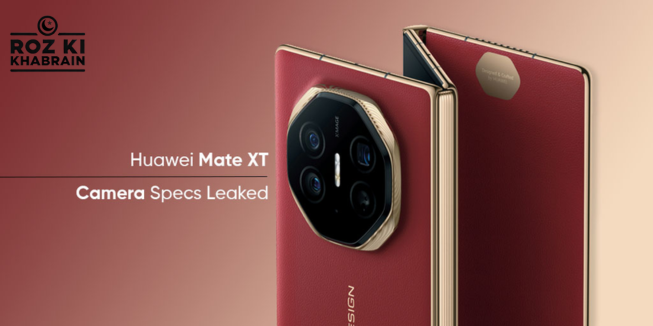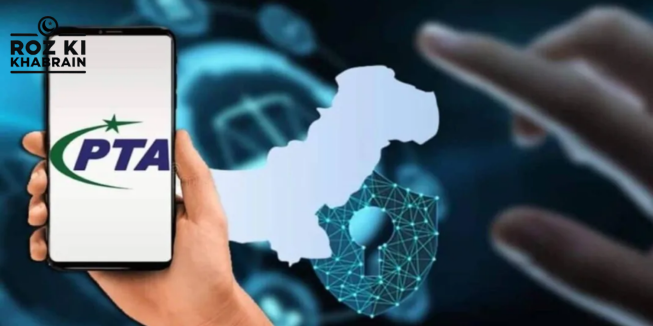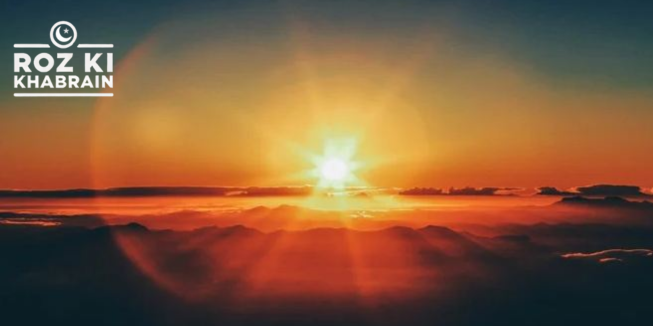Huawei and Apple launched their latest smartphones in China on Friday, but many Huawei fans expressed disappointment that the eagerly awaited $2,800 Mate XT, priced over twice that of the iPhone 16 Pro Max, was not available for walk-in purchases.
At Huawei’s flagship store in Shenzhen, self-described “super fans” were frustrated to learn that only confirmed pre-order customers could buy the new tri-foldable Mate XT. “I arrived at 10 PM last night, excited to support our country with this groundbreaking phone,” said a university student named Ye. “But this is really disappointing. They should have made it clear that it wasn’t available for purchase.”
A similar scenario unfolded at the Huawei Wangfujing store in Beijing, where shoppers were informed that the much-anticipated phone, which folds three ways, was reserved for pre-orders only. A customer in Shenzhen who tried out the Mate XT noted, “I wanted to see what all the fuss was about, but it’s a bit large and not very practical.”
This disappointment follows warnings from analysts about supply chain issues potentially leaving many buyers without the Mate XT, raising questions about its high price amid a sluggish economy. Huawei executive director Richard Yu had claimed that the Mate XT turned “science fiction into reality,” but for many, owning one still feels out of reach.
Pre-orders for the Mate XT exceeded 6.5 million—almost double the 3.9 million foldable smartphones shipped globally in the second quarter of the year, according to IDC. Notably, pre-orders do not require a deposit.
Huawei has not disclosed how many units were produced or how many customers would receive the Mate XT on launch day. Apple, meanwhile, did not comment on the availability of new iPhones in China.
In Shenzhen’s Huaqiangbei electronics market, a vendor offered the top-spec Mate XT for 150,000 yuan ($21,290), significantly higher than its store price of 23,999 yuan, with the $2,800 model listed for over $4,000. The vendor mentioned, “A few people have inquired, but it’s far too expensive.”
While Apple once enjoyed strong demand in China, its sales have recently declined, causing its quarterly ranking to drop from third to sixth place in the market.
Apple’s launch has also been overshadowed by its lack of an AI partner in China for the new iPhone 16s, with its AI software not available in Chinese until next year. Some Apple fans, however, downplayed this issue. “The lack of AI isn’t a major concern for me; it’s more of a gimmick at this point,” said a customer named Shi, who upgrades his iPhone annually.
Despite the high price of the Mate XT, Huawei has garnered significant patriotic support in China, with fans impressed by the company’s resilience amid U.S. export controls that have hindered its smartphone business. The Mate XT’s launch highlights Huawei’s capability to use a domestically-produced chipset, although concerns remain regarding its mass production.
Recent reports indicate that key components of the Mate XT, such as the panel, cover glass, and hinges, might be experiencing production yield challenges, according to Lori Chang, a senior analyst at Isaiah Research.




